
Here’s a sobering reality: although Black history is American history, too much of it has been intentionally omitted from the classroom and public memory. That omission doesn’t just falsify the past it forms the injustices we continue to see today. The good news? Books can be a powerful remedy, providing the context, voices, and lived experiences that history textbooks often omit.
For socially engaged readers, teachers, and lifelong learners, plunging into the work of Black writers isn’t merely an act of education it’s an act of defiance. These books don’t simply retell stories; they dispel myths, expose submerged systems of power, and affirm the agency and ingenuity of Black people. They’re as much about learning the sources of injustice as they are about envisioning a more equitable future.
From scorching memoirs to epic histories of slavery, these books will broaden your outlook, increase your empathy, and arm you with facts for insightful discussions about race, justice, and freedom.

1. How the Word Is Passed – Confronting the Monuments of Slavery
Clint Smith’s How the Word Is Passed takes readers on a journey across America’s physical reminders of slavery from plantation tours to Confederate statues unpacking the stories they tell (and the ones they omit). By visiting places like Angola Prison and Monticello, Smith reveals how public memory is shaped, and how those narratives influence our understanding of history today.
It’s a richly researched, enlightening book that defies the notion that the past is “over”. Rather, it demonstrates how the legacy of slavery is invested in landscapes, institutions, and even tourist sites. This book is a must-read for anyone willing to peer behind the sanitized narratives of history.
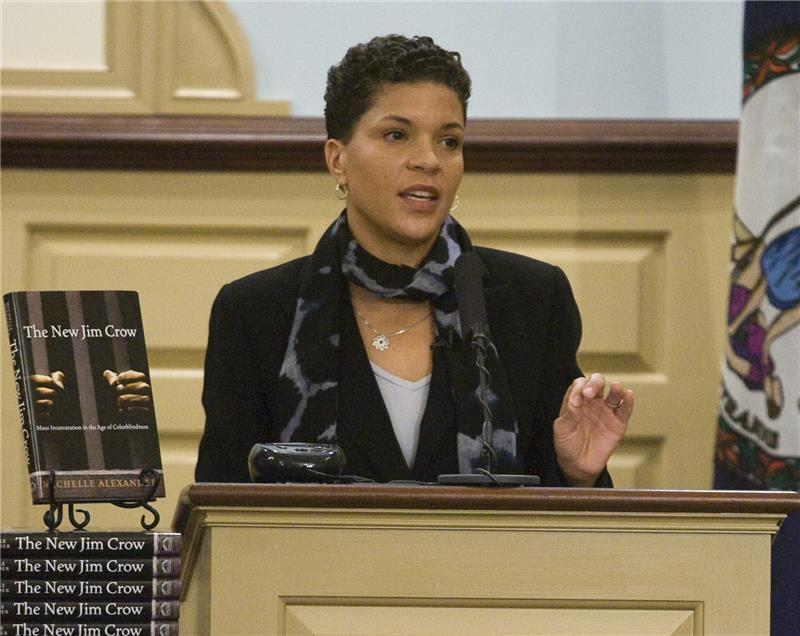
2. The New Jim Crow – Exposing Mass Incarceration’s Racial Reality
Michelle Alexander’s The New Jim Crow has been described as “the little book that started a revolution” for a very good reason. Tracing the post–Civil Rights period War on Drugs back to Jim Crow–era racial domination, Alexander illustrates how policy has produced a system in which Black people make up 13% of the U.S. population but constitute 40% of the prison population.
The book explains that mass incarceration is not merely about crime it’s about power, politics, and sustaining racial hierarchy. It’s essential to read to grasp why reform efforts frequently fail to work without touching the deeper structures of systemic racism.

3. Four Hundred Souls – A Collective History of Black America
Edited by Ibram X. Kendi and Keisha N. Blain, Four Hundred Souls is a literary achievement: 90 authors each cover a five-year span in African American history, all 400 years from 1619 to the current day. The overall effect is a quilt of essays, poems, and short stories that capture both epic events and common lives.
With the inclusion of historians, poets, journalists, and activists, the book disassembles the concept of a monolithic Black narrative. It’s a reminder that Black history is as multifaceted and diverse as are the people who inhabit it.
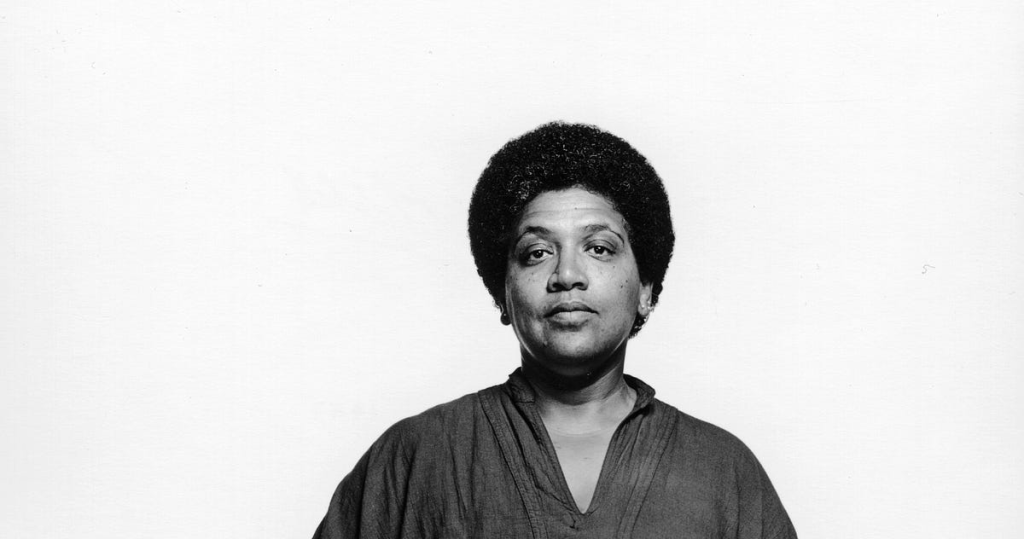
4. Sister Outsider – Audre Lorde’s Call to Courage
Audre Lorde’s Sister Outsider is still a reference point for anyone delving into the intersections of race, gender, sexuality, and class. In 15 essays and speeches, Lorde touches on everything from the problem of racism in feminist circles to the revolutionary force of self-expression.
Her words “Your silence will not protect you” ring out still as both warning and invitation. This is not a book to be read; it’s one to come back to whenever courage is in short supply.
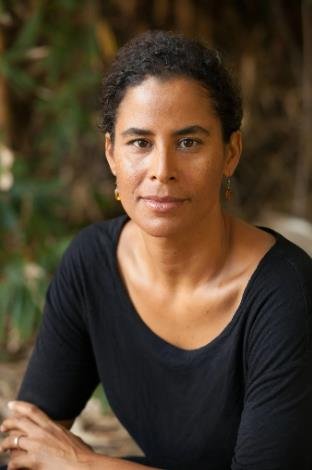
5. City of Inmates -The Roots of America’s Carceral State
Kelly Lytle Hernández’s City of Inmates reveals the disturbing history of imprisonment in Los Angeles, tracking it to colonial conquest and intentional criminalization of Indigenous, Mexican, and Black communities. From what she describes as a “rebel archive” of songs, letters, and political notices, Hernández illustrates how jails were used as instruments of erasing individuals from cityscapes.
Her work uncovers that mass incarceration isn’t a recent innovation it’s the continuation of centuries-long tactics for dominating marginalized groups.
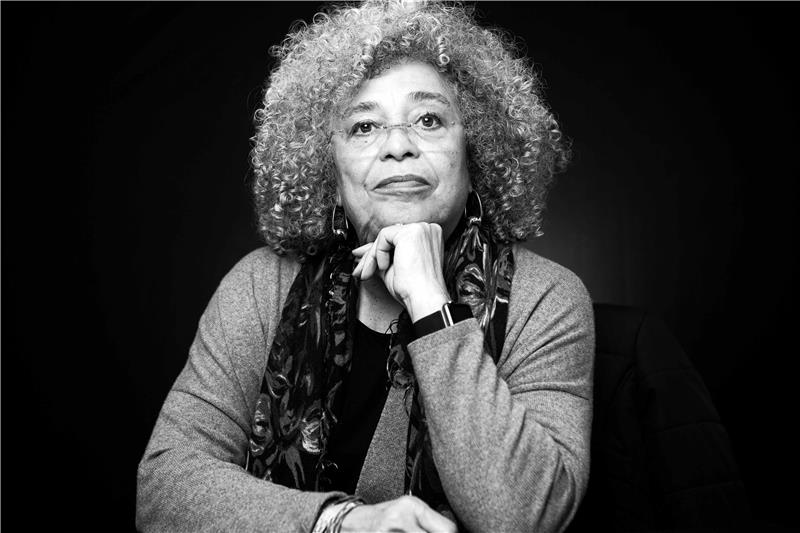
6. Freedom Is a Constant Struggle – Angela Davis on Global Liberation
In Freedom Is a Constant Struggle, Angela Y. Davis weaves together movements from Ferguson to Palestine, illuminating how struggles for freedom are connected across borders. In essays, speeches, and interviews, she ties Black feminism, prison abolition, and anti-colonial resistance together into a common struggle for justice.
Davis’s book reminds readers that solidarity is not only moral but strategic. Learning these global connections can make local activism stronger.
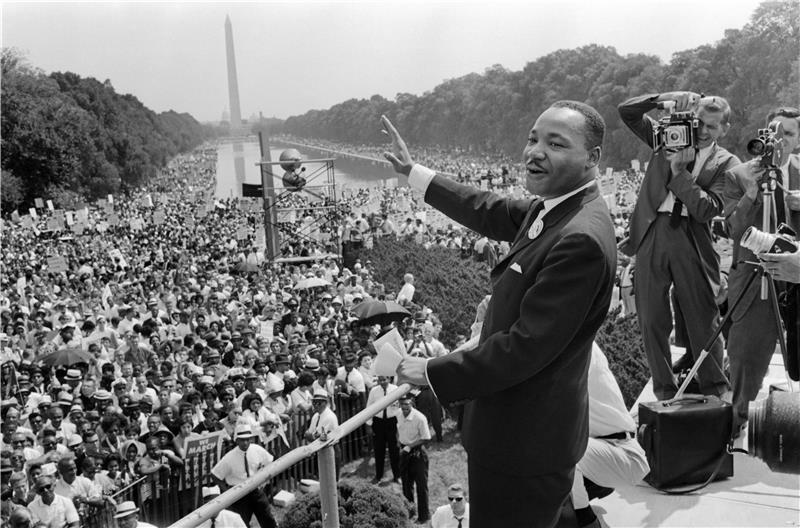
7. The Three Mothers – Celebrating the Women Who Gave Birth to Civil Rights Icons
Anna Malaika Tubbs’s The Three Mothers brings much-needed light to the lives of Alberta King, Louise Little, and Berdis Baldwin the mothers of Martin Luther King Jr., Malcolm X, and James Baldwin. These three women influenced their sons’ ideologies and principles but are otherwise forgotten by history.
By sharing their stories, Tubbs reinterprets the Civil Rights Movement as not only the efforts of charismatic leaders, but as the result of communities and particularly mothers who fostered resilience and purpose.
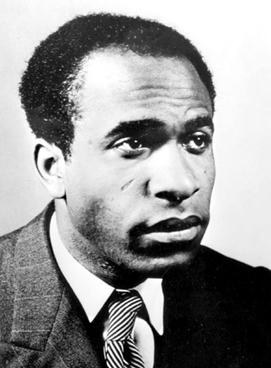
8. The Wretched of the Earth – Decolonization’s Unfinished Business
Frantz Fanon’s The Wretched of the Earth is as urgent now as when it was first published. Drawing from his experience in the Algerian independence movement, Fanon examines the psychological and political toll of colonization, and the radical changes needed to dismantle it.
While dense, the book’s insights into how oppression becomes internalized and how liberation requires both structural and personal transformation make it a cornerstone for anyone studying anti-colonial thought.
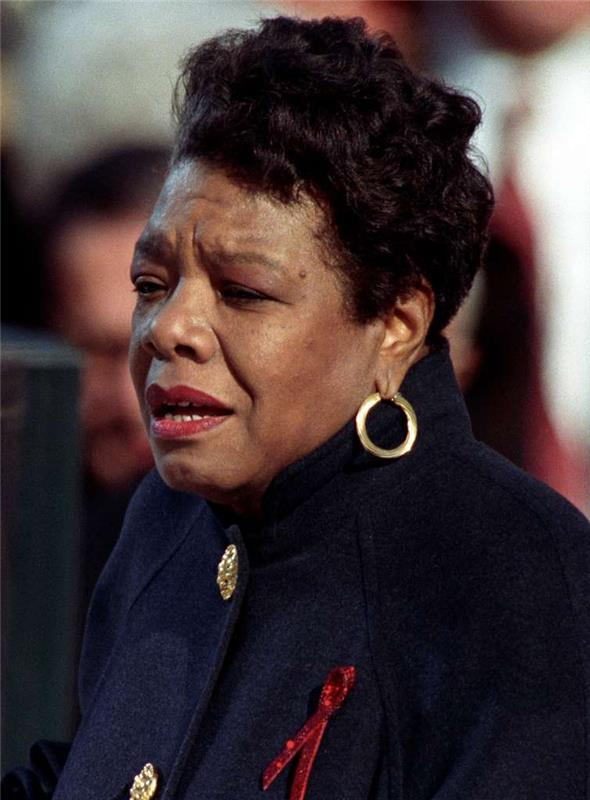
9. I Know Why the Caged Bird Sings – Maya Angelou’s Coming-of-Age Defiance
Maya Angelou’s first memoir is a poetic, unflinching narrative of her youth, informed by trauma, survival, and the transformative power of literature. Her rise from a silenced child brutalized by abuse to a woman discovering her voice is both highly individual and powerfully universal.
Angelou’s storytelling affirms that survival is not just about endurance it’s about reclaiming one’s narrative, a theme that echoes throughout Black history.
These books don’t simply fill in historical gaps these books interrogate how history is written, who is able to write it, and whose histories matter. By reading them, people not only pay respect to the voices that have been erased or marginalized, but they also receive the tools necessary to identify and counter the systems which sustain inequality. In an era where history is at risk of being erased, to read profoundly is to remember and to act.


